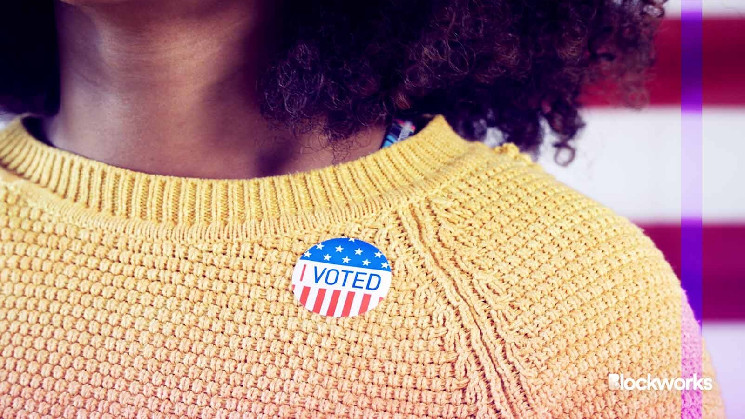[ad_1]
Around one fifth of American registered voters say they have purchased cryptocurrencies, according to a new survey from crypto investment firm Paradigm.
Of the 19% of voters who say they have bought crypto, 19% self-identified as Democrats and 18% as Republicans, the poll found. 24% of crypto-owning voters are independents.
The figure lines up with a December study from Grayscale, which found that 19% of voters held crypto. Of this group, 23% were men and 31% were Gen Z.
“I’ve seen it suggested that saying 20% of voters own crypto is misleading because they likely nearly all only own a token amount of it, such that even if a fifth of the country owns crypto, they all don’t care about it or policy affecting it,” Paradigm policy director Justin Slaughter wrote on X Thursday.
Read more: Rarimo introduces ZK-based voting tool for secure, anonymous participation
But, Slaughter added, the survey found that 6% of crypto-owning voters hold values worth between $1,001 and $10,000, showing that there is a large group with vested financial interests.
“As a point of comparison, 32% of voters own more than $1000 in stocks, and 57% of voters don’t own any stocks,” Slaughter said.
The survey comes as crypto-focused political donors and super Political Action Committees (PACs) start to ramp up their distributions, and many of their bets have paid off.
Crypto super PAC Fairshake doled out more than $10.1 million in recent weeks on advertisements and air time against Rep. Katie Porter in California’s open primary for a US Senate seat, according to Federal Election Commission filings.
Read more: Crypto PAC-backed candidates sweep in US election primaries
Porter lost earlier this month to Rep. Adam Schiff, D-CA, who will face Republican Steve Garvey in November.
Even if Paradigm’s figures show the political divide isn’t that important in crypto, the Defend American Jobs super PAC, the Republican crypto-focused effort, donated to the most candidates of the crypto super PACs. The group spent around $4 million backing four Republicans in recent weeks, filings show.
Paradigm conducted the poll via research firm Public Opinion Strategies. 1,000 registered voters were polled between Feb. 28 and March 4.
[ad_2]

